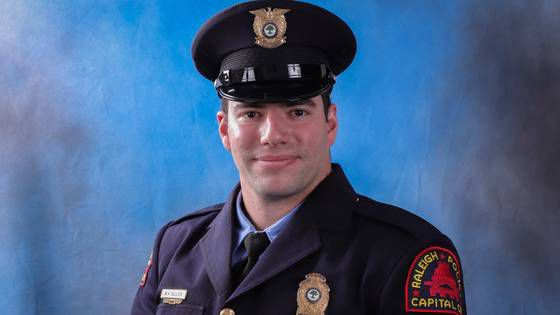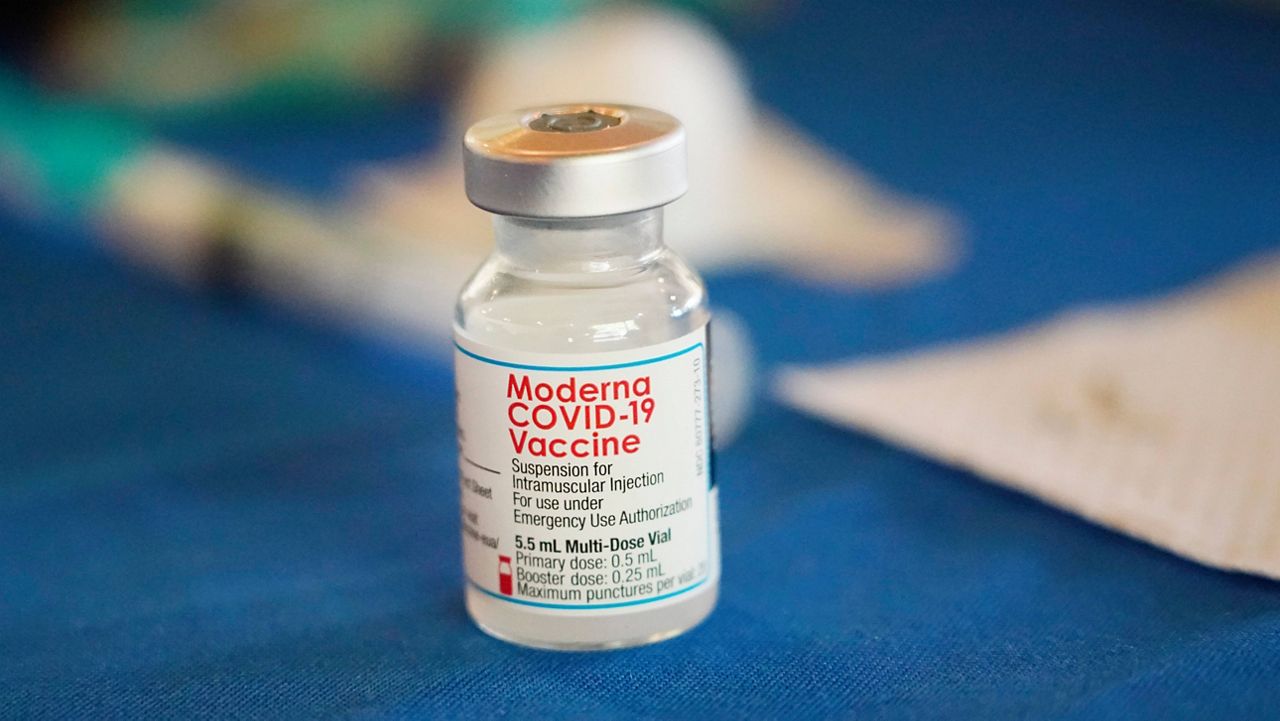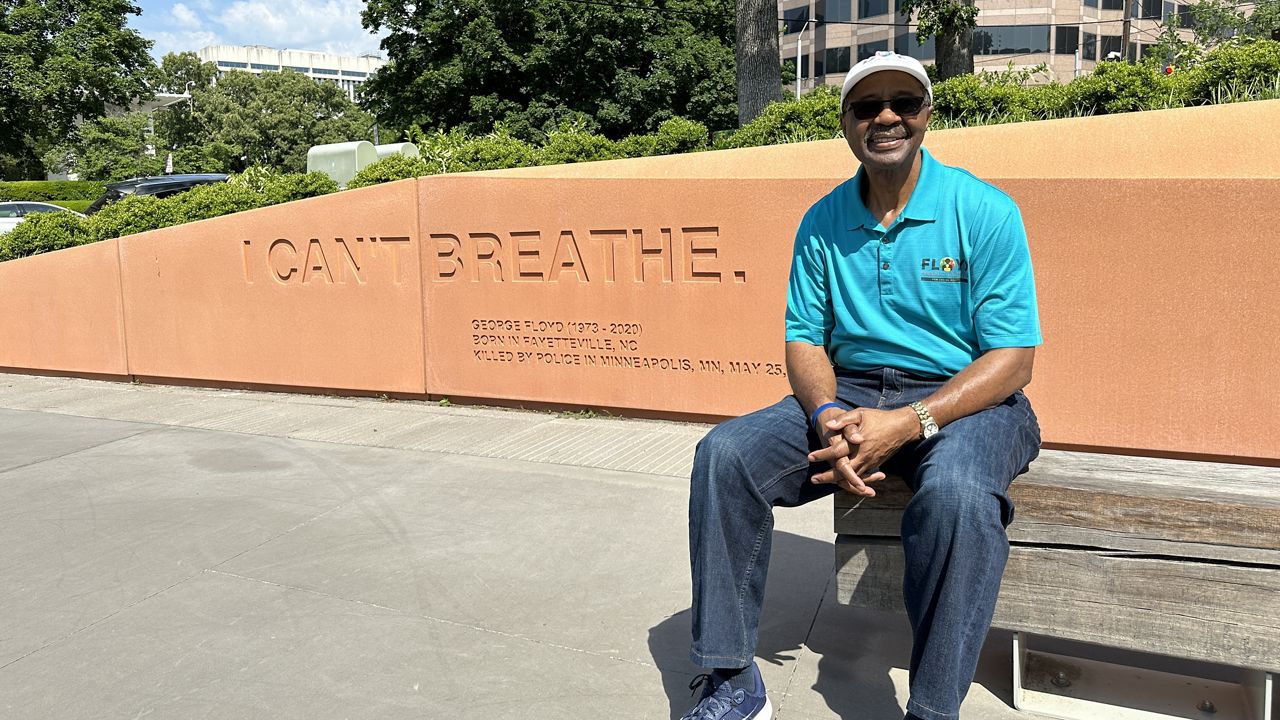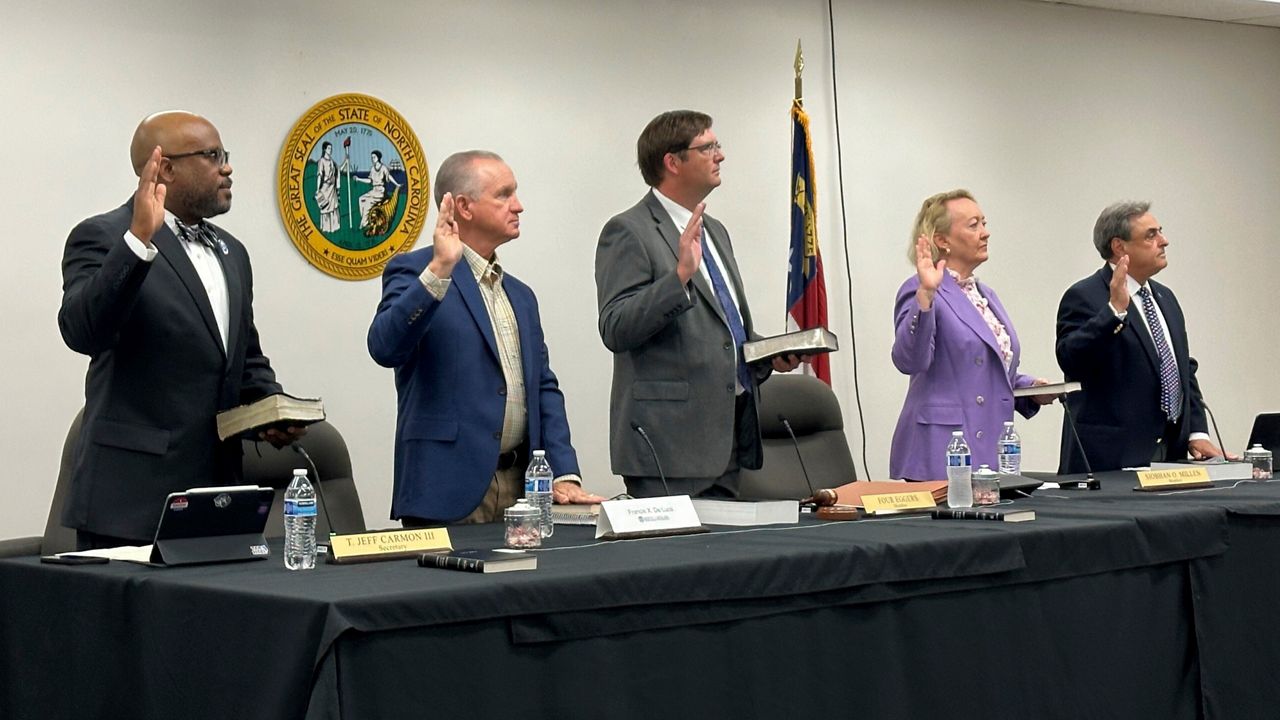RALEIGH, N.C. — Asian Americans in North Carolina gathered at the General Assembly on Wednesday to host an Advocacy Day to mark Asian Pacific American Heritage Month.
People arrived early in the morning to register for the fourth annual North Carolina Asian Americans Together Advocacy Day.
“I want to have my voice heard," said attendee Nikhill Kulkarni. "I want to feel like I'm a part of the community and those elected to represent me actually represent my views.”
Kulkarni and about 70 others walked to the General Assembly to connect with representatives and talk about issues affecting them.
“You know, just affordability. I think it's a big issue for me, with everything going on. Both nationally, I want to see what our leaders are doing here on the ground to help me and my family,” Kulkarni said.
He says the current state of immigration is scary for his neighbors.
“Someone that's a product of successful immigration practices here in the U.S., but also my neighbors in my community," Kulkarni said. "There are several that are on my street that are here on H-1B visas that are here are in the process of applying for green card and citizenship."
"And they're very concerned that they're going to be picked up and thrown into a van, both legally and illegally,” he said.
The group North Carolina Asian Americans Together says language access is a major day-to-day issue.
“A significant portion of the Asian American community in North Carolina speaks a language other than English at home," said Jimmy Patel-Nguyen of North Carolina Asian Americans Together. "And, you know, one in four have limited English proficiency, and so when we're talking about accessing basic services like health care, like getting your driver's license and filling out government paperwork, including registering to vote, language access becomes a barrier for our community."
"And if folks are building up policies that are making it harder for folks to actually understand and be informed voters or participants in our communities, that's a big problem,” Patel-Nguyen said.
Kulkarni said he hopes meeting with lawmakers will create a level of understanding and support for mental health policies, diversity and fairness for all races and genders.
“Diversity is something that we should cherish, and I don't want us to swing the pendulum in the opposite direction, where we kind of go back to ways where people don't feel welcome,” Kulkarni said.
The group visited 65 legislators to speak about voter rights, immigrant rights, language access and mental health policies.
“It's not just about this day or this moment or one conversation with legislators," Patel-Nguyen said. "It's really about building this tradition of our community being represented in the halls of power, our community issues, being heard and uplifted, recognized by the policymakers, and making sure that you know, we are part of the conversation.”











